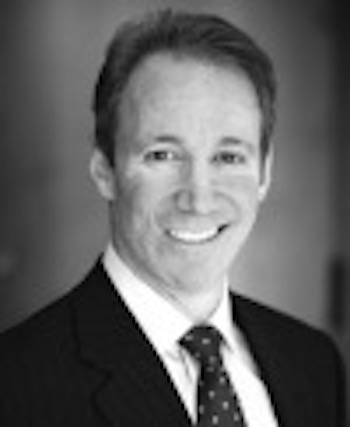Professional Experience
Adam has over 15 years’ experience helping people from more than 100 organizations discover sustainable solutions to individual and organizational challenges. As an executive coach, Adam specializes in assessment, group facilitation and one-to-one coaching sessions for C-Suite and emerging leaders in areas of leadership, executive presence, teambuilding and conflict management.
His background as a mediator has led to a specific expertise in helping leaders and executive teams become more cohesive and focused on strategy execution as opposed to struggling with communication roadblocks. He is currently a preferred vendor for the United Nations for “Groups in Crisis” and coaches UN country leaders on negotiating with rebel factions. His pro-bono work involves mediating disputes between gang leaders and local community members in the Bronx.
Recent Coaching Assignments
- CEO of a Fortune 500 company to develop her ability to facilitate innovation and change through her executive team
- CEO of a global healthcare organization to help him develop his executive team and manage strategic and cultural challenges arising from rapid growth
- CEO of a national defense contractor to develop his ability to encourage team collaboration while negotiating a complex regulatory environment
- CEO of a national services firm to transform his indirect style, delegate more effectively and manage conflict within the organization
- CFO of a financial services firm to improve his ability to listen, reduce arguments with the senior team and achieve the collaborative results consistent with the team’s objectives
- CEO of regional electric utility to improve his capability for negotiating difficult conversations in order to drive an organization-wide change initiative
- CTO of an international Internet retailer to improve her ability to give constructive feedback and produce results through her senior team
- Chief Executive of an $11 billion insurance company to develop her ability to manage critical relationships and negotiate for results with her executive team in a rapidly shifting environment
- Senior Partner of a global law firm to leverage his communication style with clients and improve his standing with associates in order to improve billings and grow the size of his practice group
- CEO of a national recruiting firm to help him develop the leadership talent necessary for sustained growth
- CEO of $500 million global non-profit to enhance her relationships with her board, manage the senior team more effectively and improve time management, both with her own meetings and in how the organization structures meetings in general
- UN Resident Coordinator (highest ranking UN country leader) to improve his ability to negotiate with rebel factions, leverage executive presence at international press conferences and hold more effective performance management conversations with key stakeholders
Examples of Dyad Coaching
- CEO and CFO of a large professional services firm. One was seen as overbearing and demanding of quick results while the other was viewed as resistant to innovation and overly attached to data analysis. Support included one-to-one coaching and dyad sessions to improve mutual awareness of styles, create a clearer alignment around underlying priorities and improve the organization’s bottom line.
- COO and Chief Business Development Officer of a large international media company to create alignment around strategic objectives and messaging throughout the organization. Engagement focused on one-to-one coaching and dyad sessions to reduce friction, raise awareness and change key behaviors that were blocking the sale of key services to a large corporate client.
- Two senior law partners of a large international law practice. Cultural differences and styles of communication led to an entrenched escalation of positions that slowed work on high-profile cases. Coaching consisted of a series of dyad sessions to reveal underlying assumptions, increase awareness of cultural norms and reach common ground on how to collaborate more effectively.
- Founder and incoming CEO of a large global non-profit. Founder had a traditional top-down management style that clashed with the incoming CEO’s desire to drive innovation with the executive team. Interviews with key stakeholders, independent coaching sessions and dyad meetings focused on identifying the most important issues, eventually leading to a mutual understanding of each other’s strengths and a willingness to collaborate on strategic priorities.
Education and Professional Affiliations
- M.A., Organization Development, Columbia University
- Professionally Certified Coach, International Coaching Federation
- Graduate Diploma, Corporate Coach University
- Certificate in Conflict Resolution, Columbia University
- Certificate in Mediation, Institute for Cooperation and Conflict Resolution
- B.S., Management, Tulane University
- Certified to administer DiSC, Myers-Briggs, Center for Creative Leadership assessments and other assessments

